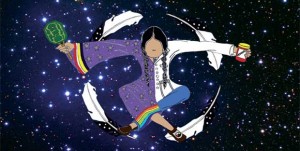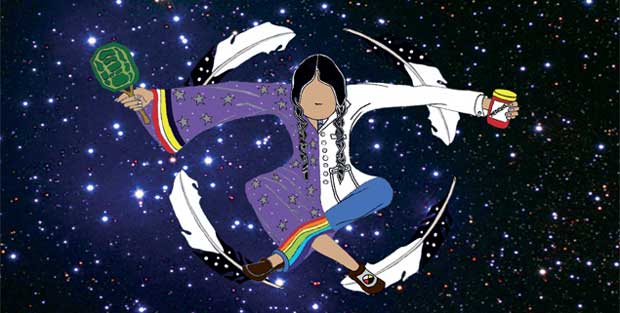 THUNDER BAY – The Health Council of Canada report; Empathy, dignity, and respect: Creating cultural safety for Aboriginal people in urban health care, highlights some of the reasons why many Aboriginal people are not seeking care in mainstream health care settings and describes key practices that are working towards positive change. The report is based on a series of meetings held across Canada with health care providers, many of whom were First Nations, Inuit, or Métis.
THUNDER BAY – The Health Council of Canada report; Empathy, dignity, and respect: Creating cultural safety for Aboriginal people in urban health care, highlights some of the reasons why many Aboriginal people are not seeking care in mainstream health care settings and describes key practices that are working towards positive change. The report is based on a series of meetings held across Canada with health care providers, many of whom were First Nations, Inuit, or Métis.
Many Aboriginal people do not trust and therefore do not use mainstream health care services because they experience stereotyping and racism, and because the Western approach to health care can
feel alienating and intimidating.
“Aboriginal people often feel uncomfortable, fearful, or powerless when they try to use the health care system, and some avoid going for care even when they are sick,” said Dr. Catherine Cook, a Councillor with the Health Council of Canada who is Métis. “While these issues would be a concern for any population, it is a particular concern for Aboriginal people, who have the poorest health and shortest life expectancies of all Canadians.”
The report includes examples of racism, which is not unique to health care but simply an extension of negative stereotypes that are deeply entrenched in Canadian society. Many participants shared personal or professional stories of being stereotyped and racialized. For example, people were refused painkillers, even when in severe pain, because of a belief that they were at high risk of becoming addicted or already abusing prescription drugs.
“This must change,” said John G. Abbott, CEO of the Health Council of Canada. “Health care providers can and must create culturally competent and safe environments that are free of racism and stereotypes, where Aboriginal people are treated with empathy, dignity and respect.” He noted the experience and needs of Aboriginal people are very different due to “a long and painful history of racism in Canadian society and efforts to eradicate their culture.”







